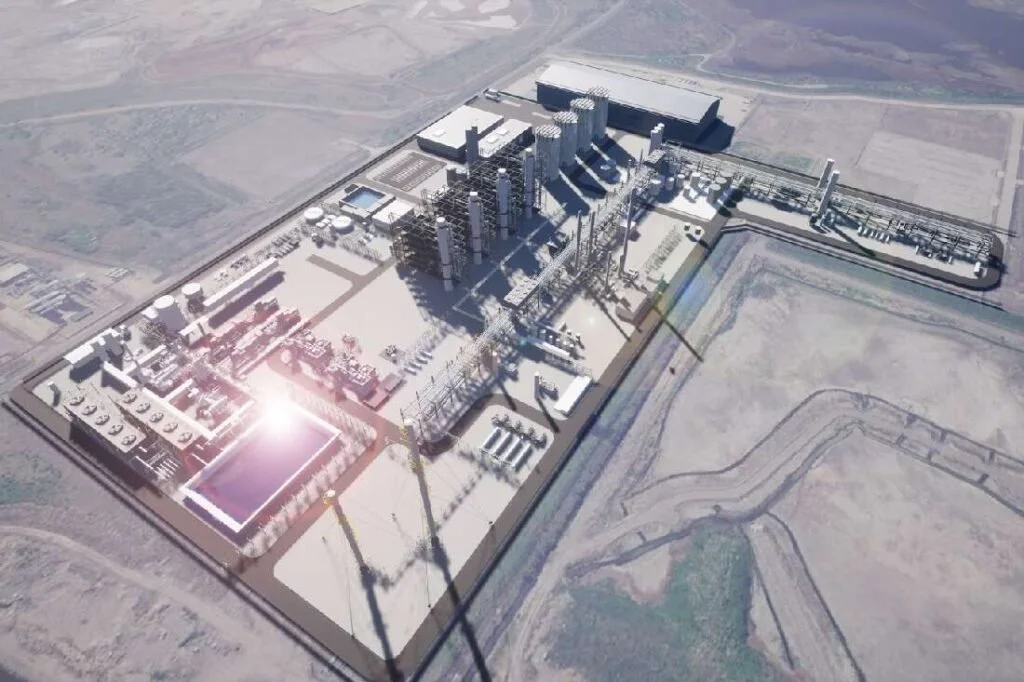Saudi firm commits £2bn for Teesside sustainable aviation fuel plant
Saudi Arabian engineering construction and technology firm Alfanar has confirmed a £2bin investment to develop a sustainable aviation fuel (SAF) plant on Teesside.
The Lighthouse Green Fuels development, part of the North Tees industry cluster, will convert more than 1.5m tonnes of sustainably sourced biomass waste to produce up to 180m litres of SAF a year – equivalent of fuelling 25,000 short-haul or 2,500 long haul flights a year
Tees Valley Mayor Ben Houchen secured the pledge in a meeting with senior Alfanar executives, including Vice-Chairman Sabah Al Multaq, during a recent visit to Saudi capital Riyadh.
The Department for Transport previously awarded almost £40m from its Advanced Fuels Fund to Alfanar and four other Teesside businesses to develop sustainable aviation fuel projects.
Mayor Houchen said, “It is outstanding news that Alfanar has committed to delivering this project on Teesside and it’s a further example of the transformative global investments we are bringing to Teesside, Darlington and Hartlepool.
“Developments such as Lighthouse Green Fuels put our region at the forefront of a growing industry which is primed for massive expansion and will deliver thousands of jobs and billions of pounds in investment in coming years. We have the skills, infrastructure and passion to attract world-class projects.”
Lighthouse Green Fuels is part of a wider movement establishing Teesside as the UK’s capital for low-carbon aviation fuel manufacturing. The new plant will also benefit from a connection to carbon capture and storage facilities, currently under development off the coast of Teesside by the Northern Endurance Partnership.
The SAF generated by the Lighthouse Green Fuels plant should achieve greenhouse gas emissions savings of up to 80% compared to comparative fossil fuel-derived kerosene. And when coupled with carbon capture and storage, the process will produce SAF with over 200% lower carbon intensity compared to conventional kerosene, representing, argues Alfanar, significant negative emissions.


